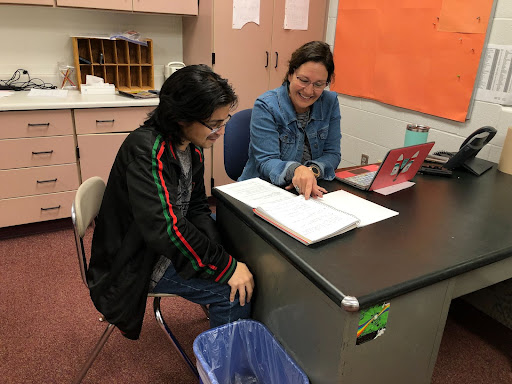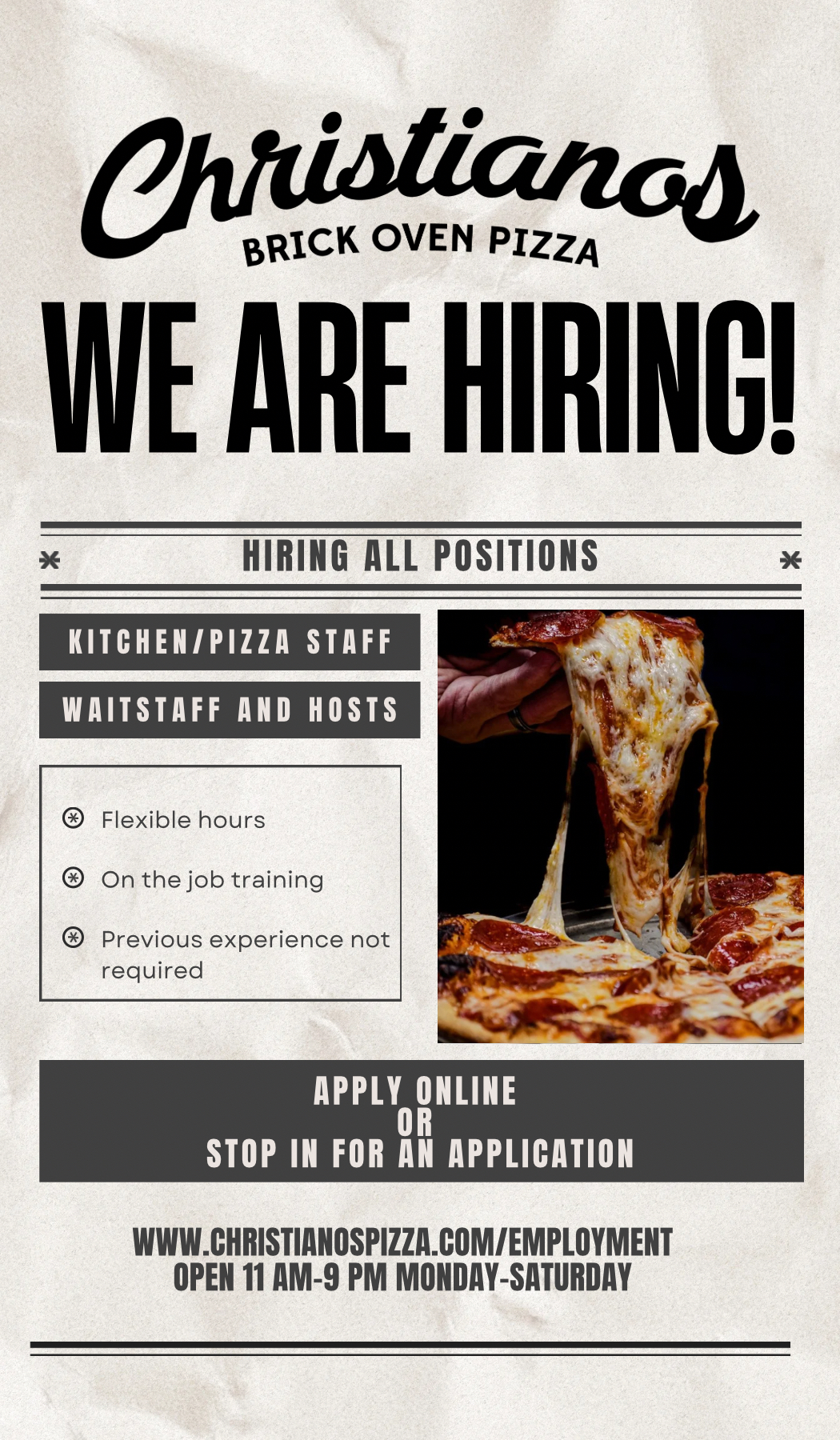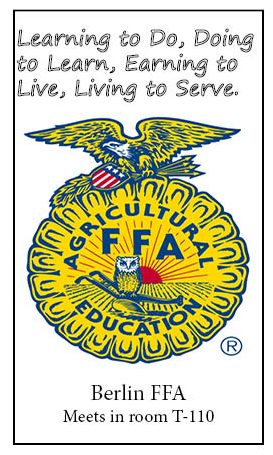Paraprofessional, more than additional help

Paraprofessionals at the school provide additional help to students that are in need of assistance. Paraprofessional Natosha Franke helps teach material to sophomore David Fuentes during a seventh hour resource.
March 1, 2023
The bell rings and 21 students pile into a classroom to learn the new material in math. After the teacher has finished the lecture, students are sent off into groups to work on the homework assigned. Even though working in groups can be beneficial, students still proceed to ask the teacher questions. The teacher becomes overwhelmed with multiple students coming up at once and that is when paraprofessionals are useful.
“I have a variety of classes I sit in (math, science, etc.) with the purpose of learning the curriculum so I can help some of our students who may need a little ‘one on one’ help. To reteach the material and hopefully help the teacher within the classroom so they are not overwhelmed with helping each student,” paraprofessional Natosha Franke said.
Although paraprofessionals’ primary purpose is to provide additional help to students, some also help out around the school doing extra tasks.
“I sit in classes and assist with questions and homework help. I walk through the restrooms during the hours. I supervise the common doors in the morning and greet students as they come in the door off the buses,” Special Education paraprofessional Brianna Galow said.
“At lunch time, I walk around the lunch room doing supervision and also through the student parking lot. At the end of the day, I supervise the commons again as students are heading out of school.”
In each classroom, teachers have set different rules and guidelines. This can be difficult for paraprofessionals as they move to different classrooms throughout the day.
“I have been an aide here at Berlin for almost 12 years and in the beginning the biggest struggle was learning all the curriculum so that I could reteach it back to students. Another struggle would be just going from classroom to classroom through the day and having different rules and guidelines from teacher to teacher, the expectations of me are different from room to room just learning that can be more difficult than the lesson plan itself,” Franke said.
To ensure each classroom has a paraprofessional when needed, Principal Bryant Bednarek assigns duties or asks for volunteers with input from the special education department.
“Paraprofessionals are assigned duties by me as their supervisor with input from the special education department. Students who have an IEP (Individualized Education Program) may require adult support in a class by law, and therefore we schedule paraprofessionals accordingly. In terms of general supervision (before school/lunch/after school), I usually ask for volunteers to take shifts or duties and then assign based on that. Different positions have different weekly hour requirements, so I have to be mindful of that as well,” Bednarek said.
Special education teacher Christine Dallmann explains that paraprofessionals not only help with school work but also on a student’s social skills.
“Aides get assigned to specific students or classrooms based on what each student needs. Some students might need extra help in reading or math, some might need help staying focused in class, some may need extra support to work on their social skills. It really is student driven,” Dallmann said.
Although paraprofessionals have many classes to manage in a day, Franke and Galow say that seeing students grow over the years is their favorite part about their jobs.
“I love being able to watch students grow and mature. Also being able to make some great relationships with students so we can do a lot of joking around to bring some joy to the day,” Galow said.







